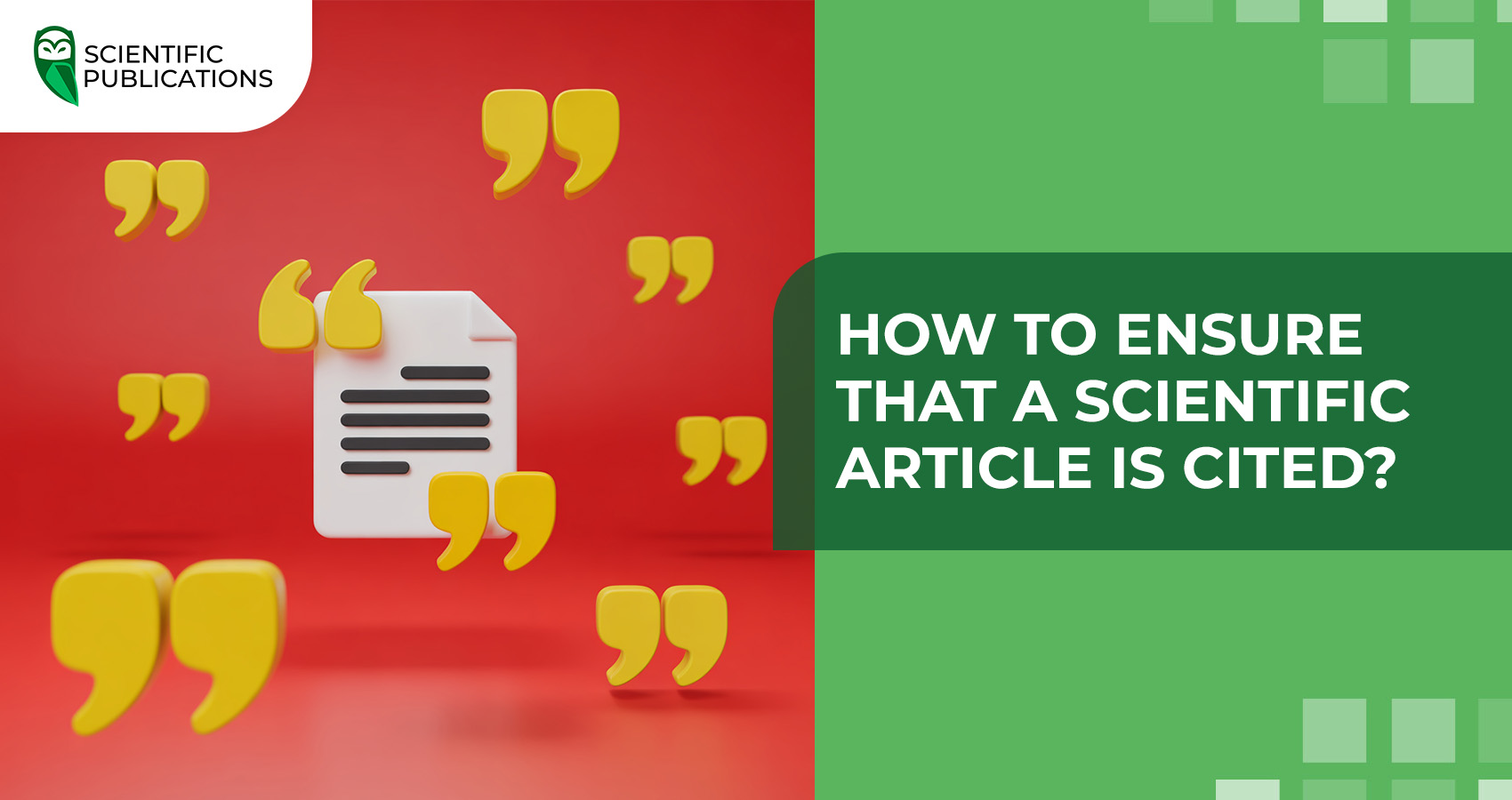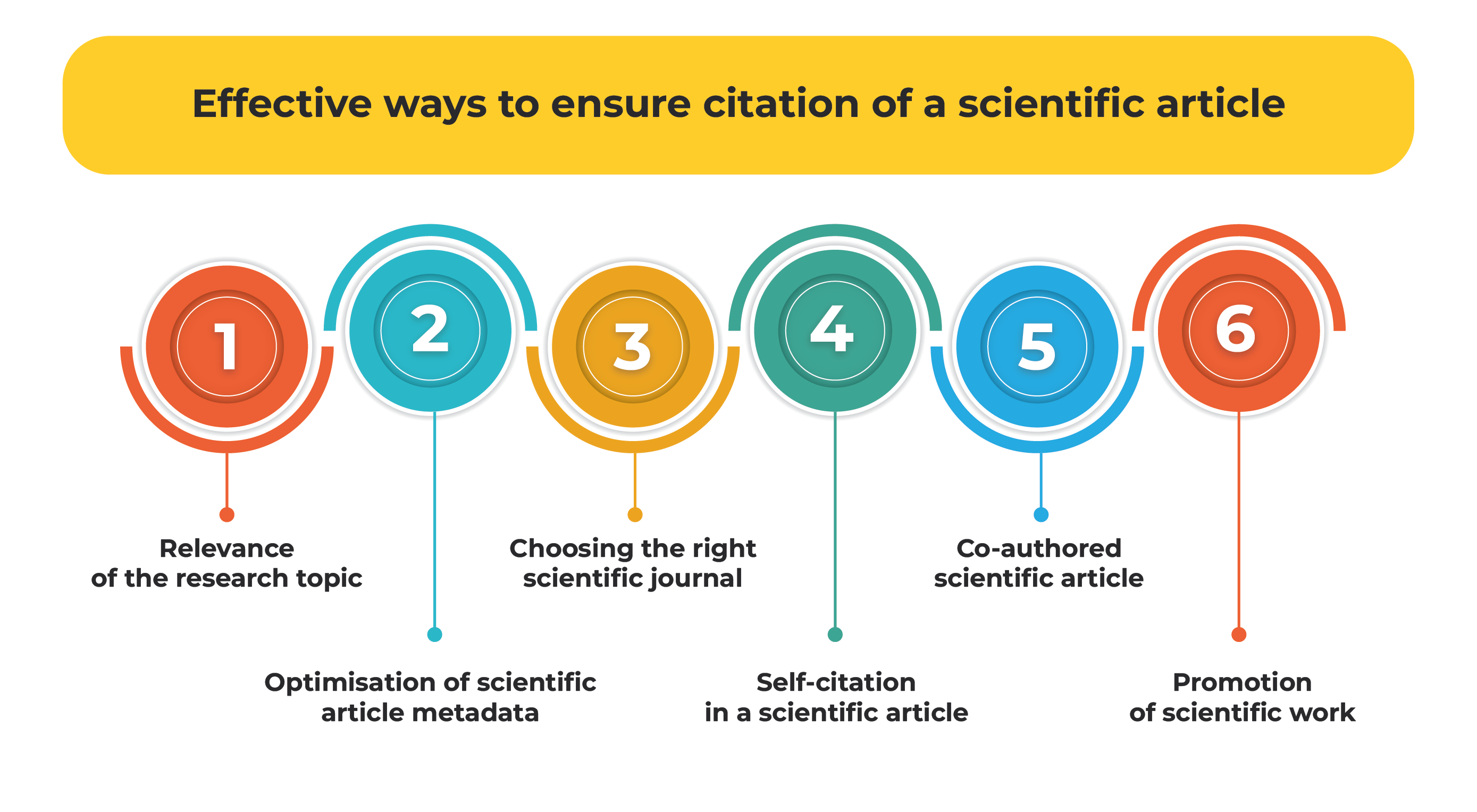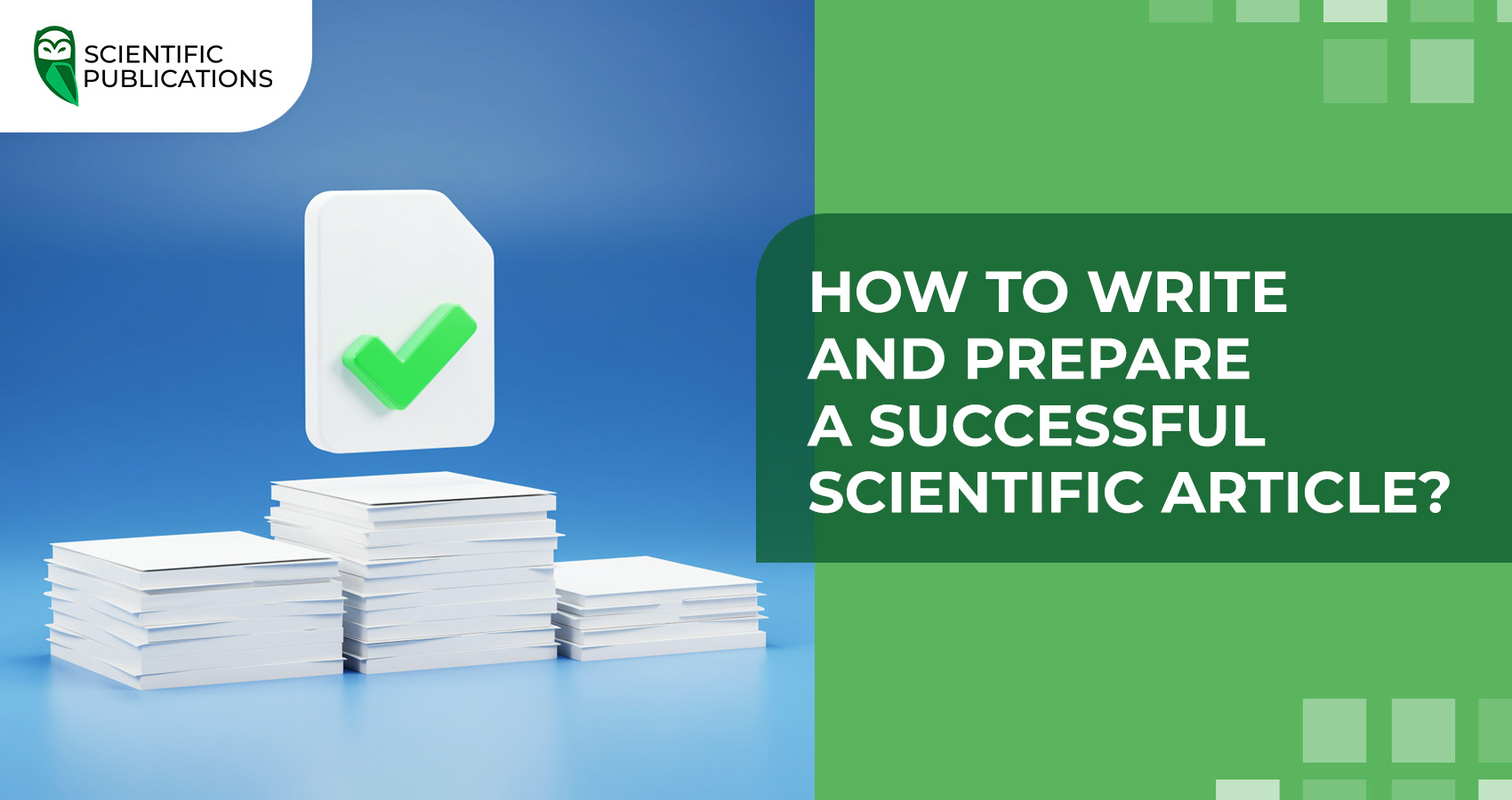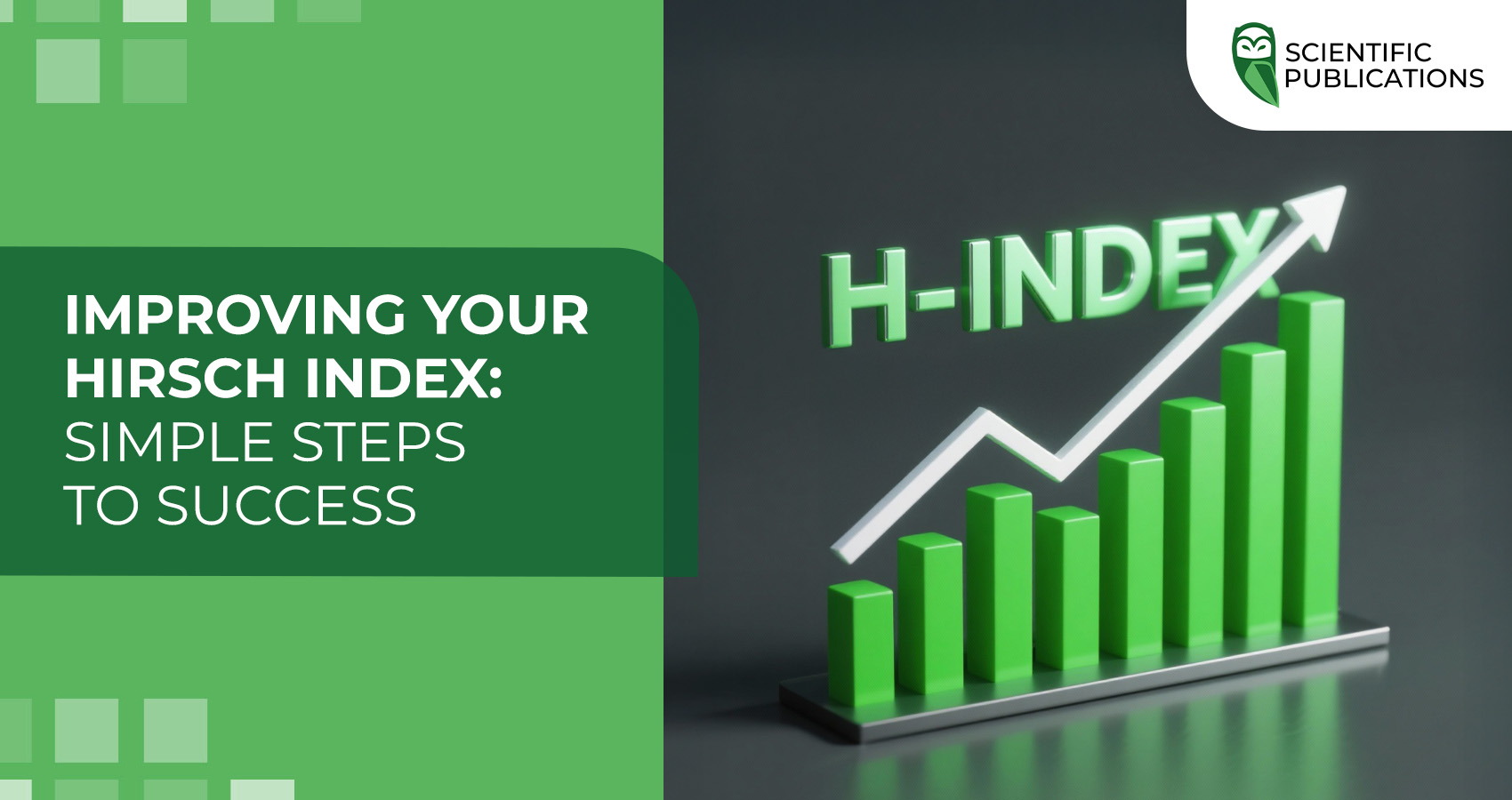The number of citations is one of the key indicators of a scientist's recognition in the scientific community. High indicators not only increase the author's authority, but also open up more opportunities for grants, participation in international projects, influence career development and cooperation with leading universities around the world. In this article, we will look at how to ensure the citation of a scientific article.

Citation of a scientific article
Many authors of scientific works believe that it is almost impossible to influence the number of citations of their research. In fact, there are a number of proven strategies that help make your work more visible and in demand among colleagues. We have prepared practical tips to help you ensure that your articles are cited and strengthen your scientific authority.

Relevance of the research topic
Choosing a relevant topic is one of the key factors for successful scientific work. The research topic should reflect current trends and challenges in the relevant field of science, as such works attract the attention of colleagues and have greater potential for citation.
Relevant research solves real scientific or practical problems and contributes to the development of new technologies, methods, or approaches in the field of research. It can stimulate further scientific discussion and inspire other scientists. Thus, the relevance of the topic not only increases the chances of publication but also ensures the natural dissemination and citation of the work among the scientific community.
Optimising the metadata of a scientific article
High-quality metadata of a scientific article is the key to its visibility and citation. This is not just technical information, but an important tool for disseminating research results.
Particular attention should be paid to three elements: the title of the article, the abstract, and the keywords.
- The title of the article should be concise, informative, and contain key terms that reflect the main idea of the research (optimally 10-15 words).
- The abstract briefly outlines the purpose, methods, main results, and scientific value of the work, including relevant terms (on average up to 300 words).
- Keywords should be consistent with the topic, complement the title and reflect the main concepts (4-7 words or phrases).
Correctly formatted metadata increases the chances of the article being quickly found in searches, used in further research and cited naturally, which has a positive effect on the author's metrics.
Choosing the right scientific journal
Articles published in journals with high indicators (impact factor, quartile, percentile) usually receive more citations. The more authoritative the publication, the higher the probability that the research will be noticed and used by other scientists. Indexing in international scientometrics databases, such as Scopus or Web of Science, indicates the quality of the journal and its recognition in the scientific community. This, in turn, increases the credibility of the scientific article and affects its citation rate.
The Open Access format significantly expands the audience, allowing specialists from around the world to familiarise themselves with the materials and cite them more often. Placing articles in open electronic archives or repositories ensures the visibility of the research and influences its citation rate, providing legal and convenient access to materials for a wide range of readers.
Self-citation in a scientific article
Self-citation is justified if the new work logically continues the author's previous research. This helps to strengthen academic reputation and can increase citation rates. At the same time, excessive self-citation calls into question the objectivity of the work, so it is important to exercise moderation and include only relevant references.
There are no uniform standards for the acceptable level of self-citation, but the practice for journals indexed in Scopus and Web of Science is not to exceed approximately 12%. This level usually does not raise questions during peer review, contributes to successful indexing, and minimises the risk of accusations of excessive self-promotion.
Co-authored scientific article
Collaboration with other researchers, especially those with a high citation rate, effectively increases the chances of an article being recognised and cited. Co-authorship broadens the audience, particularly internationally, and enhances the impact of publications.
Joint projects within international programmes or involving leading institutions are particularly useful. Participants in such initiatives actively disseminate the results through personal networks, conferences and repositories, ensuring wider publicity. Thus, scientific collaboration enhances the researcher's authority and contributes to the growth of citations of their work.
Promoting scientific work
Today, publishing an article is not enough in itself – it is important to actively promote the work. It is useful to share links through social scientific networks (ResearchGate, Mendeley, Academia.edu), thematic groups, as well as on your own websites or blogs. This attracts the attention of colleagues, journalists and potential partners.
The ResearchGate platform is particularly effective, where you can post articles, participate in discussions, receive feedback, and establish contacts. Activity on this network expands your audience, influences recognition, and increases the citation rate of your work.
Use these methods to increase the visibility of your scientific works. This will not only ensure their citation, but also contribute to the growth of your personal scientometrics indicators, strengthen your authority, and increase your influence in the scientific community.
Want to increase the citation of your works, but don't know where to start? Contact Scientific Publications! We guarantee to increase your indicators organically. Fill out the form or leave a request on the website, and our manager will contact you for a free consultation, explain everything in detail and answer your questions. Together to new scientific achievements!





